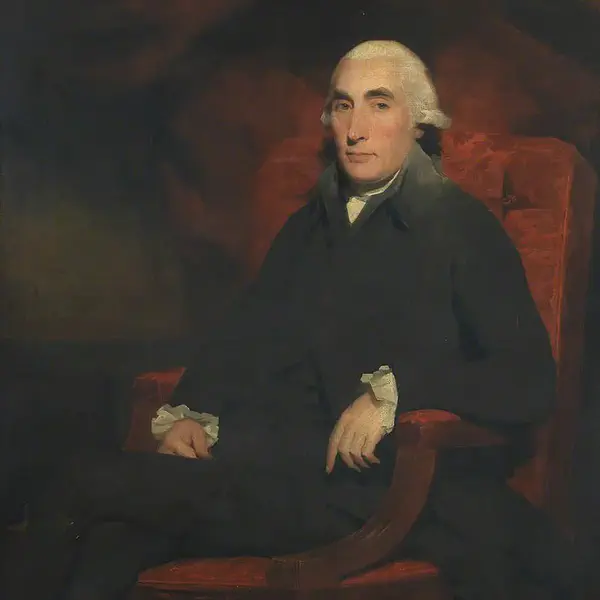
Prof Joseph Black Chemist, Researcher, Teacher, First to Identify Carbon Dioxide, Died.
April 15, 1799
Joseph Black (16 April 1728 – 6 December 1799) was a Scottish physicist and chemist, known for his discoveries of magnesium, latent heat, specific heat, and carbon dioxide. He was Professor of Anatomy and Chemistry at the University of Glasgow for 10 years from 1756, and then Professor of Medicine and Chemistry at the University of Edinburgh from 1766, teaching and lecturing there for more than 30 years.
The chemistry buildings at both the University of Edinburgh and the University of Glasgow are named after Black.
Carbon dioxide
Black also explored the properties of a gas produced in various reactions. He found that limestone (calcium carbonate) could be heated or treated with acids to yield a gas he called “fixed air.”
He observed that the fixed air was denser than air and did not support either flame or animal life.
Black also found that when bubbled through an aqueous solution of lime (calcium hydroxide), it would precipitate calcium carbonate. He used this phenomenon to illustrate that carbon dioxide is produced by animal respiration and microbial fermentation.